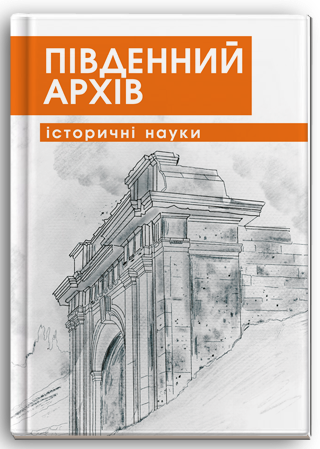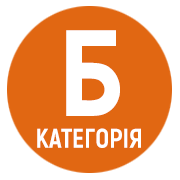ТРАНСФОРМАЦІЯ ЗМІСТУ КУРСУ ГРОМАДЯНСЬКОЇ ОСВІТИ ДЛЯ 10 КЛАСУ: НОВІ АСПЕКТИ В УМОВАХ РОСІЙСЬКО-УКРАЇНСЬКОЇ ВІЙНИ
DOI:
https://doi.org/10.32999/ksu2786-5118/2025-51-1Ключові слова:
правова свідомість; критичне мислення; психологічна саморегуляція; гуманітарне право; цифрова безпека; європейські цінності; стійкість учнів; інформаційна гігієна; суспільна солідарність; молодіжне волонтерствоАнотація
Метою статті є аналіз трансформації змісту шкільного курсу «Громадянської освіти», що формує демократичну ідентичність учнів, у контексті повномасштабної війни в Україні. Дослідження спрямоване на визначення нових змістових акцентів, які потребують включення до оновленої програми, зокрема в умовах воєнного стану, психологічних викликів та інформаційної загрози.Методи дослідження базуються на критичному аналізі чинних навчальних програм, нормативно-правових актів, висновків освітніх експертів, а також на порівняльному аналізі європейських моделей громадянської освіти, зокрема “Reference Framework of Competences for Democratic Culture”.Результатом дослідження є обґрунтованння необхідності включення до шкільного курсу нових тем, таких як: міжнародне гуманітарне право, захист прав внутрішньо переміщених осіб, діяльність правозахисних інституцій, основи психологічної саморегуляції, медіаграмотність і цифрова безпека, участь молоді у волонтерських та громадських ініціативах. Наголошується на важливості формування у школярів усвідомлення європейського напряму розвитку України.У висновках підкреслено, що оновлення змісту дисципліни має базуватися на засадах стійкості, правової свідомості, соціальної активності та критичного мислення. Реформування передбачає також впровадження сучасних методик – проєктного навчання, міжпредметних інтеграцій, співпраці з громадськими організаціями та застосування реальних кейсів. Це забезпечить формування громадянських компетентностей, необхідних для адаптації в умовах війни, післявоєнної відбудови та розвитку демократичного суспільства.
Посилання
Горбань Ю., Олійник О. Медіаграмотність як засіб захисту в умовах інформаційної війни. Наукові записки Інституту політичних і етнонаціональних досліджень імені І. Ф. Кураса НАН України. 2024. № 1. С. 195–198.
Женевські конвенції від 12 серпня 1949 року та Додаткові протоколи до них від 8 червня 1977 року і 8 грудня 2005 року. Женева : Міжнародний Комітет Червоного Хреста, 2010. 562 с.
Іванець Н. Сучасні виклики громадянської освіти в умовах гібридної війни. Освітній дискурс. 2023. № 2(20). С. 60–66.
Концепція нової української школи. Київ : МОН України, 2016. URL: https://mon.gov.ua/storage/app/media/zagalna%20serednya/Book-ENG.pdf (дата звернення: 22.06.2025).
Концепція розвитку громадянської освіти в Україні : розпорядження Кабінету Міністрів України від 3 жовтня 2018 р. № 710-р. URL : https://zakon.rada.gov.ua/laws/show/710-2018-р#Text (дата звернення: 22.06.2025).
Методичні рекомендації з викладання курсу «Громадянська освіта» для 10 класу. Київ : МОН України, 2018. 56 с.
Міжнародне гуманітарне право / за ред. В. Д. Мусіяки, В. І. Семененка. Київ : Юрінком Інтер, 2005. 368 с.
Організація психологічної підтримки в закладах освіти під час воєнних дій: методичні рекомендації. Київ : МОН України, 2022. 24 с.
Типова освітня програма з громадянської освіти для 10 класу. 2017. URL : https://mon.gov.ua/ua/osvita/ zagalna-serednya-osvita/navchalni-programi (дата звернення: 22.06.2025).
Council of Europe. Reference Framework of Competences for Democratic Culture. Volume 1: Context, concepts and model. Strasbourg : Council of Europe Publishing, 2018. URL : https://www.coe.int/en/web/education/competences-for-democratic-culture (accessed: 22.06.2025).
##submission.downloads##
Опубліковано
Як цитувати
Номер
Розділ
Ліцензія

Ця робота ліцензується відповідно до Creative Commons Attribution 4.0 International License.




